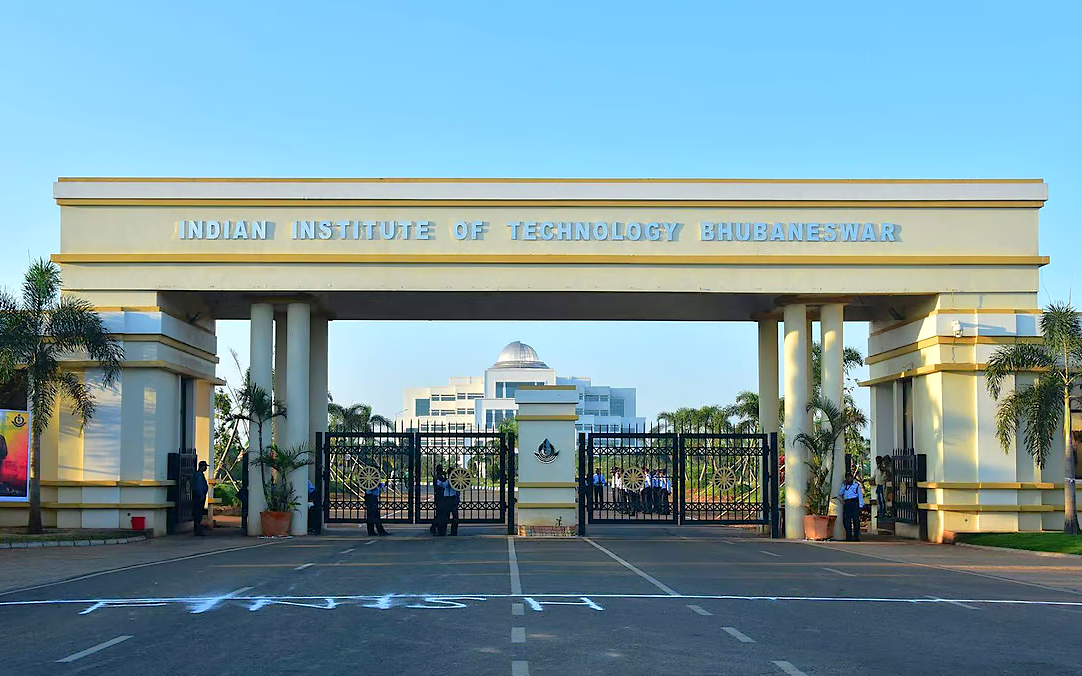IIT BHU Develops Solar-Powered Microwave Reactor for Sustainable Waste Management
The device is called a microwave pyrolysis reactor. It rapidly converts waste into valuable products such as biochar and bio-oil, depending on the characteristics of the feedstock and operating conditions.
Indian Institute of Technology Bhubaneswar on Wednesday announced that it has developed an innovative solar-powered device to recover valuable resources from waste material.
The device is called a microwave pyrolysis reactor. It rapidly converts waste into valuable products such as biochar and bio-oil, depending on the characteristics of the feedstock and operating conditions.
Biochar is a charcoal-like material produced from biomass that can be used to improve soil structure, facilitate carbon sequestration, filter water pollutants, and more.
According to the institute’s press note, current solid waste management practices primarily involve incineration, biogas plants, or landfill disposal, offering limited recycling avenues.
Several practices, including incineration, often lead to significant environmental pollution by releasing toxic gases and ashes.
However, the microwave-assisted pyrolysis technology developed by IIT Bhubaneswar represents a promising solution to these challenges.
“Microwave-assisted pyrolysis is a technology that produces valuable end products like biochar, bio-oil, and syngas in a very short amount of time, meeting the urgent need for sustainable waste management,” said Dr. Remya Neelancherry, the lead researcher of the project, at IIT Bhubaneswar.
She added: “Our research at IIT Bhubaneswar is focused on the feasibility and applicability of these end products across various sectors, including agriculture, transportation, and energy production.”
Working principle
The press note further explained that the technology utilizes microwave radiation to generate homogeneous heat within the feedstock, enabling efficient conversion into valuable end products at a faster rate.
Interestingly, the reactor operates entirely on solar power, ensuring sustainability and self-reliance without imposing any additional energy demands.
The device requires a minimal footprint and can convert waste at a rate of 10 kg per hour into high-value end products. The ease of its mobility also promotes decentralized waste management.
Studies have also shown that biochar could be a promising replacement for coal, and bio-oil can serve as an alternative to petroleum products.
Municipalities and industries in various locations within cities can implement this environment-friendly technology, which has the potential to generate significant revenue with minimal pollution.
“Research indicates promising potential for this technology to positively impact the alternative energy market. We welcome investors to explore this technology, ensuring environmental protection while fostering market growth,” added Dr. Neelancherry.
Read More:
IIT Madras’ Plugzmart gets ARAI Certification for EV Charging
Nirmal Menon
Related posts
Subscribe
Error: Contact form not found.


